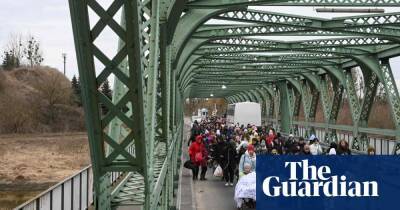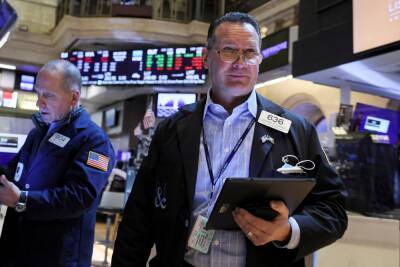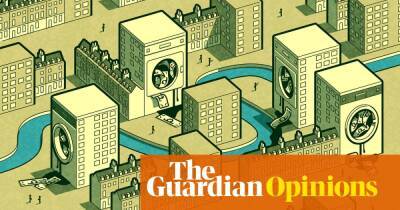The definition of levelling down: the Bank of England calling for wage ‘restraint’
With just a few words, Andrew Bailey, the governor of the Bank of England, perfectly crystallised the state and the fate of the nation. Tone-deaf and socially oblivious, the voice booming out from the economic seat of power captured the history of the last lost decade.
“We do need to see restraint in pay bargaining, otherwise it will get out of control,” Bailey told the BBC last week. As wages continue to fall, inflation is set to hit 7.25% in a couple of months, while pay will rise by far less. TUC leaders protest that “workers have been hammered and now they’re coming back for more.” “This is a very tough message to swallow when take-home pay is falling,” the Institute for Fiscal Studies director, Paul Johnson, tells me, pointing to a decade of lost pay – the longest period of pay stagnation in many years.
The governor’s Marie Antoinette insouciance struck a wearily familiar chord. This authentic voice of social negligence has made the British economy one of the most unequal and unproductive among its European equivalents. Pre-pandemic, real wage growth in the UK became the weakest among the advanced nations in the G20. The prime minister and chancellor brag of the “fastest growth in the G7”, but only as we climb out of the deepest slump.
When the governor says “we do need to see a moderation of wage rises”, he ignores his own prediction of falling incomes. “Why wages? Why didn’t he call for profits to be squeezed?” Torsten Bell of the Resolution Foundation asks with a rhetorical flourish. He tells me: “The big picture is that wages have been rubbish the whole decade, while productivity plummeted after 2016 due to Brexit uncertainty.”
The governor’s destructive interest rate rises are a doomed response to global price
Read more on theguardian.com


















